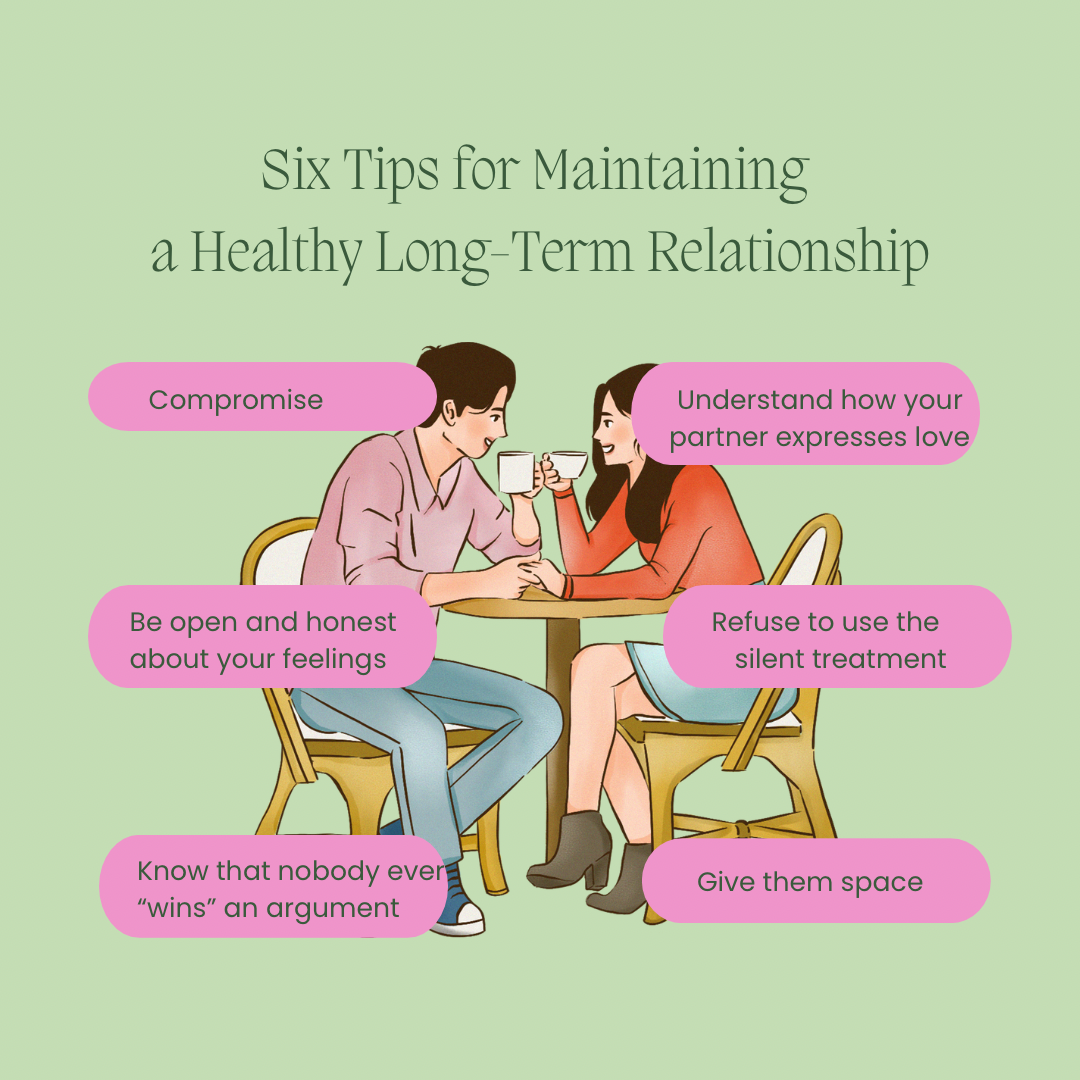The roles of men and women have undergone a seismic shift since World War II. In our grandparents’ time, men were the providers, the protectors, the ones who pursued. Women, meanwhile, were expected to nurture, support, and, when it came to romance, wait patiently to be chosen. These roles were reinforced by societal norms and the stories we were told. Fairytales fed young girls the idea that their purpose was to be rescued by a prince, while boys were raised to believe their worth was tied to their ability to provide and lead.
Fast-forward to today, and the landscape looks very different. Women are expected to have successful careers and be devoted mothers, supportive partners, and self-sufficient individuals. We are told we can “have it all,” but the reality often feels like an exhausting balancing act. Meanwhile, men are navigating a world where their traditional role as sole providers is no longer needed—or even welcomed in some cases. The very definition of masculinity is being questioned, and many feel unsure of where they stand in relationships.
How Gender Role Shifts Affect Modern Relationships
Even dating has changed drastically. In our grandparents’ era, a man would court a woman with flowers, handwritten letters, and clear intentions. The roles were defined, and expectations were set. Today, dating is often a grey area. Should a man still take the lead, or is that considered outdated? Should a woman wait to be asked out, or does that go against the independence she has worked so hard for?
Social media adds another layer of complexity. Their parents’ relationships primarily influenced our parents, but today’s generation is bombarded with highlight reels of seemingly perfect couples online. We subconsciously measure ourselves against unrealistic standards, leading to confusion, insecurity, and unrealistic expectations.
While change can be exciting, it can also create tension when it clashes with deeply ingrained beliefs about how relationships should work. Many couples find themselves in a silent power struggle, with both partners wanting equality but unsure how to balance it without losing something in the process.
How to Build a Thriving Relationship in Today’s World
So, how do we navigate love in a time of shifting roles? Here are some key tips to ensure your relationship flourishes without turning into a competition:
1. Ditch the Rulebook
Relationships don’t have to follow a predefined script. Instead of assuming your role, have an open discussion with your partner about what works for you as an individual.
2. Focus on Partnership, Not Power
A successful relationship isn’t about who leads or who follows; it’s about working together. Think of it as a team where both players bring different strengths.
3. Appreciate, Don’t Compete
Women striving for success doesn’t diminish a man’s role, and a man showing emotional vulnerability doesn’t make him weak. Instead of competing, recognise and celebrate each other’s strengths.
4. Communicate Openly
Many of the struggles in modern relationships stem from unspoken expectations. If you believe in splitting bills, say so. If you enjoy traditional romantic gestures, express that. Clarity prevents resentment.
5. Challenge the Social Media Illusion
No one’s relationship is as perfect as it appears online. Stop comparing and focus on what makes your relationship strong and fulfilling.
6. Redefine Romance for Yourself
Romance isn’t about following outdated gender roles; it’s about making each other feel valued. Whether that means a man planning a date or a woman expressing affection in her way, the intention matters.
Final Thoughts
The evolution of gender roles has given us more freedom than ever before, but it has also created new challenges in love and relationships. While change can feel unsettling, it also offers an opportunity to redefine what love looks like on our terms.
Instead of trying to fit into old moulds or resist change entirely, we can embrace the best of both worlds, respecting the past while shaping a future where relationships thrive through mutual support, understanding, and appreciation.
Love isn’t about roles or rules; it’s about connection. And that is one thing that will never change.

